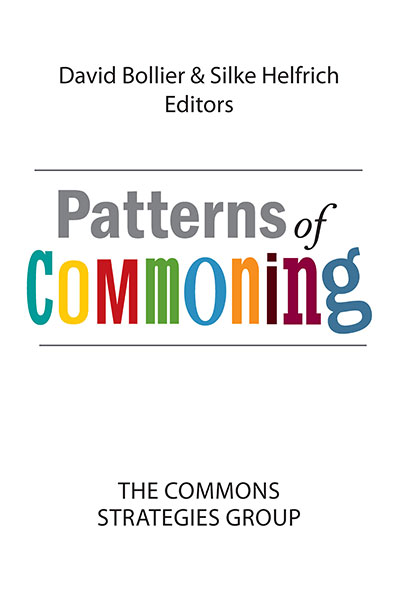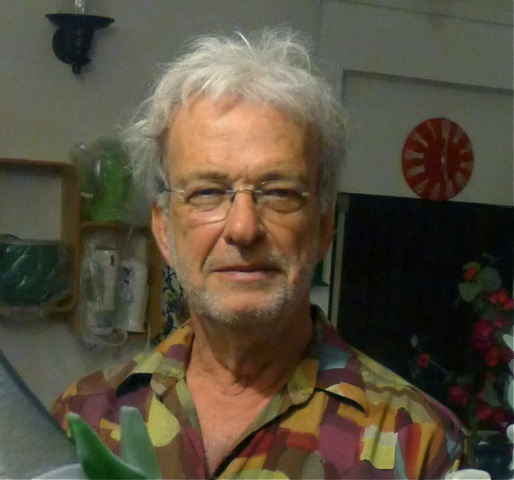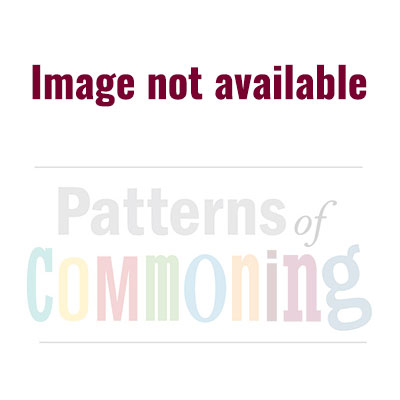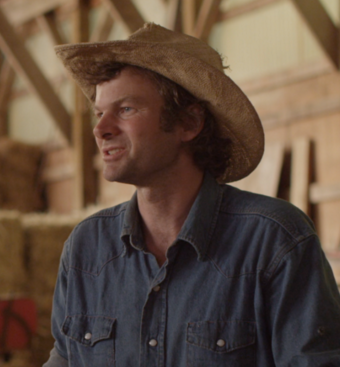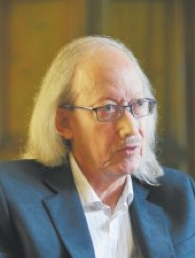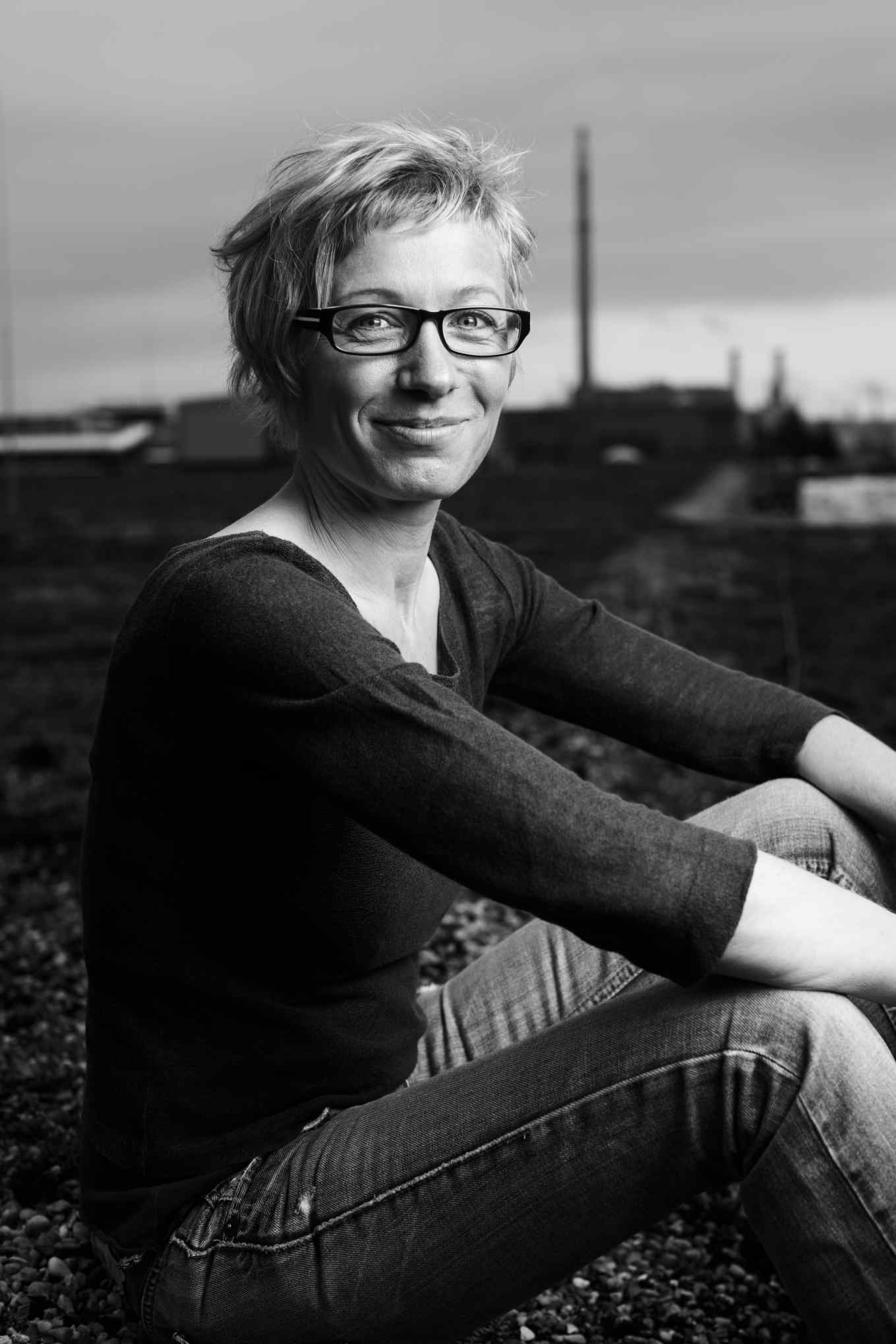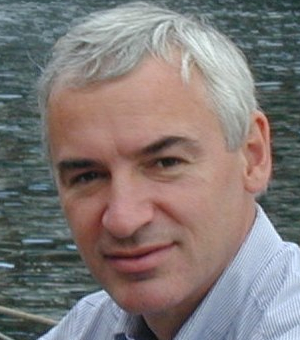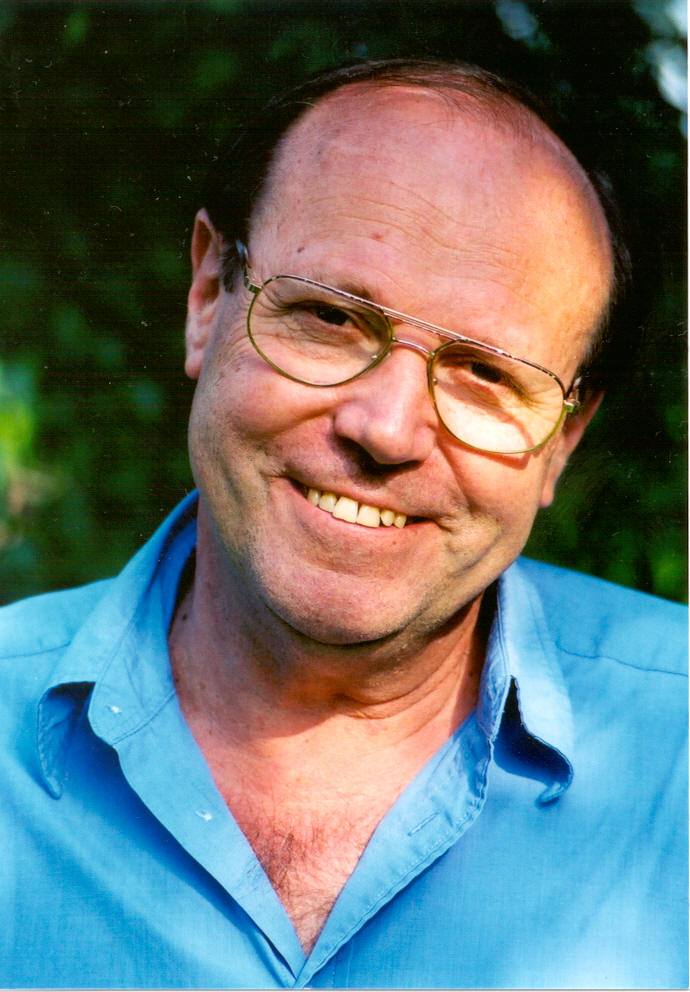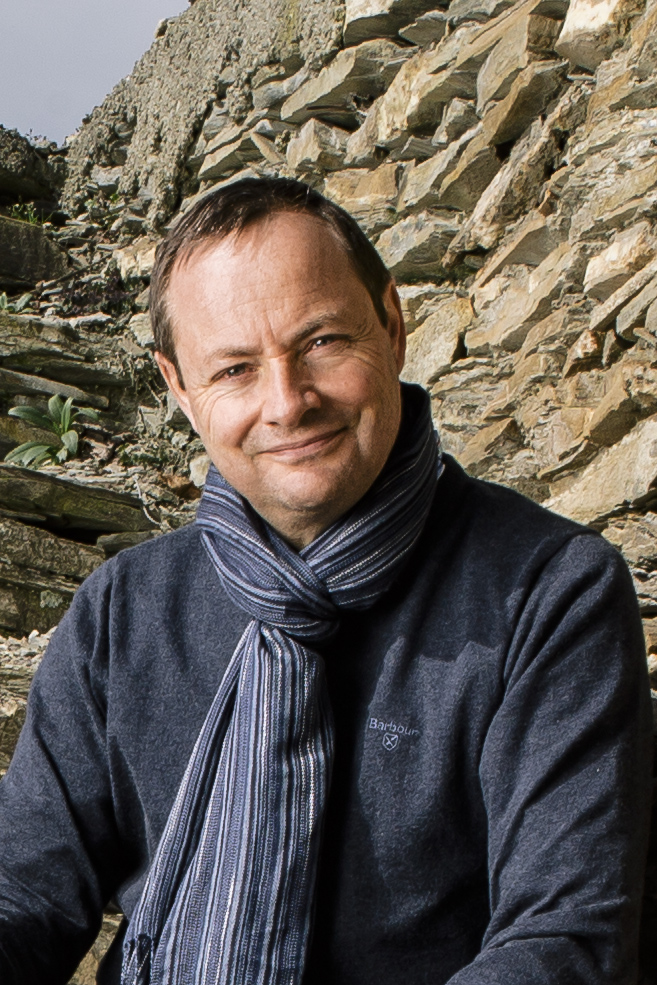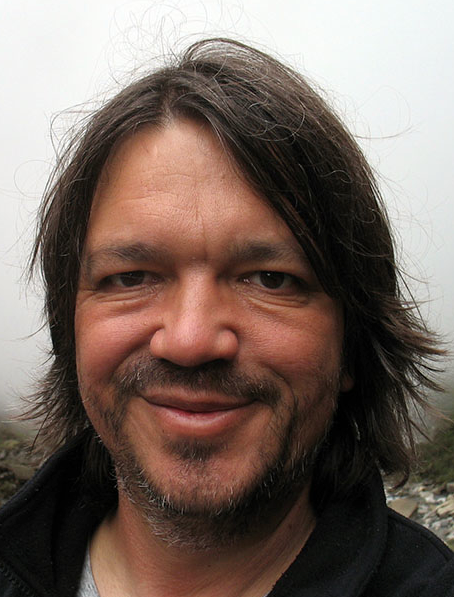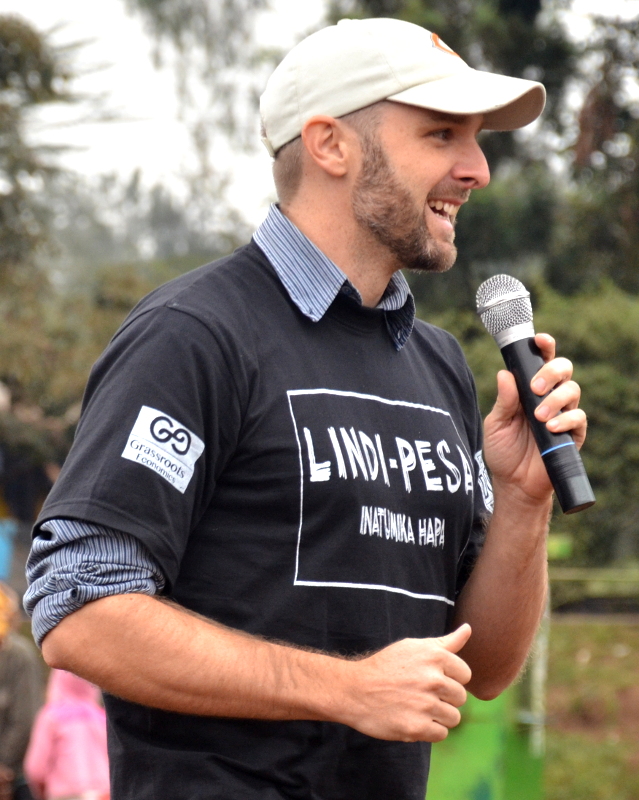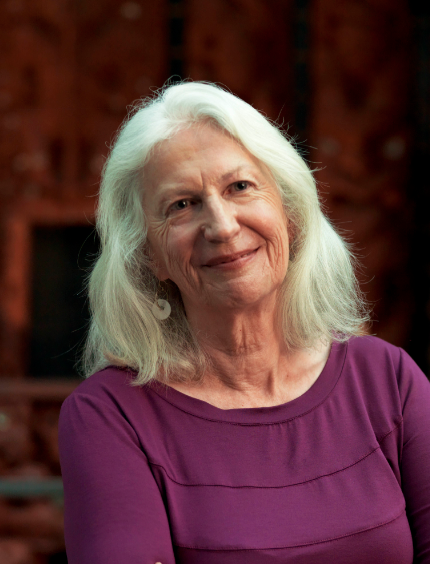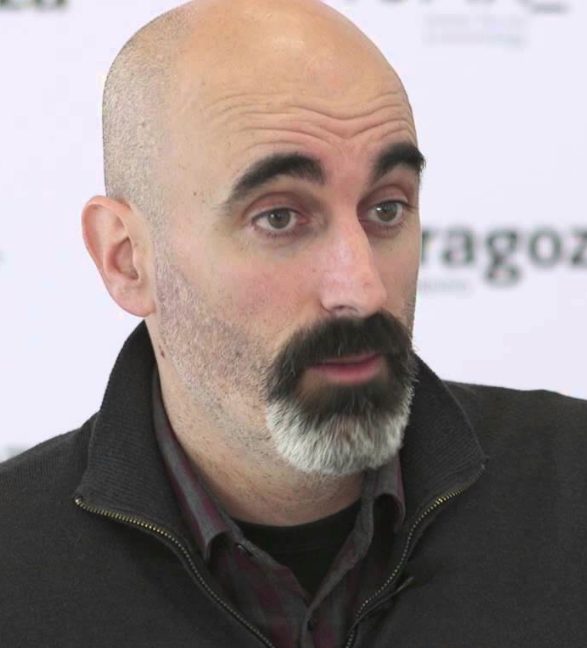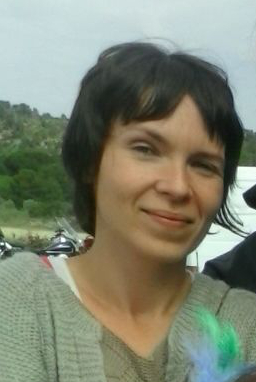Alain Ambrosi (Canada) is a designer and producer of intercultural projects, independent researcher, author, videographer and producer of the Remix The Commons Project.
Patterns of
COMMONING
Finale
If there is one recurring theme described in this book, it is the importance of exploring the inner dimensions of commoning as a social form, moving beyond economistic notions of the commons as a mere resource to be managed. Commoning is an attitude, an ethic, an impulse, a need and a satisfaction – a way of being that is deeply inscribed within the human species. But it is up to us to make it thrive. We must choose to practice commoning and reflect on its impact on our lives and the Earth, the more consciously, the better.
The great appeal of commoning is simultaneously a reason for its invisibility: it calls on us to see the world from a fundamentally different perspective, acknowledging that the self emerges from relationships with others and can exist only through these relationships and as a result of them. Failing to perceive the diverse types of “we’s” that exist and their complex dynamics and logics is tantamount to trying to live on Earth without an atmosphere. Our lives are enframed and defined by “we’s.” These collectives are not merely the sum of individuals, but distinct systems of organization that emerge from our encounters with each other and committed joint action.
More: a commons is dynamic and evolving, and therefore proposes a more realistic idea of human life. It does not propose a static economic perspective that assumes what we supposedly are; it recognizes that we are always becoming. Commoning draws upon our distinct, situated identities, cultures and roots as essential elements of governance, production, law and culture. This perspective helps us grasp that we not only create the world; the world in turn shapes and creates us. So we must attend to the larger, holistic consequences of our own world-creating capacities, to make sure that the selves that we each cultivate through our relationships and world-making are the selves that we truly wish to be and worlds we wish to live in. Or as Lau Tzu put it with such wisdom, “Be a pattern for the world.”
The commons quivers with aliveness precisely because it is a reflexive, open system that resists attempts to make it schematic, regularized and tightly controlled. The commons is alive because it offers space for people to apply their own imaginations and energy to solve problems – and human ingenuity and cooperation tend to produce many surprising results. In their self-created zones of freedom, commoners have the latitude to build their own worlds without the tyranny of the Market/State, bureaucratic procedures or confining social roles (consumer, seller, employee, expert).
Needless to say, an economy and society that truly respects commons requires a re-imagination of politics itself. They require social processes that invite collective participation and express collective sentiments, not “leaders” who may be only crudely accountable to people and captive to capital and its imperatives. Commons require a primary focus on meeting everyone’s needs, not on catering to the ever-proliferating wants of the few. Expanding the scope and scale of commons so that they can become a powerful alternative to capital driven markets, and spur mutual coordination and federation, introduces a whole new set of challenges, of course. It requires that we work for new configurations of state authority and clear limits on market power. Yet there are many promising scenarios of policy, law, governance and politics that seek to advance this vision: the focus of our next anthology.
–David Bollier and Silke Helfrich
